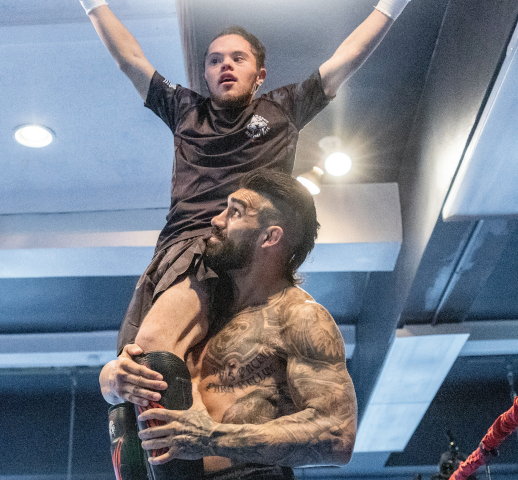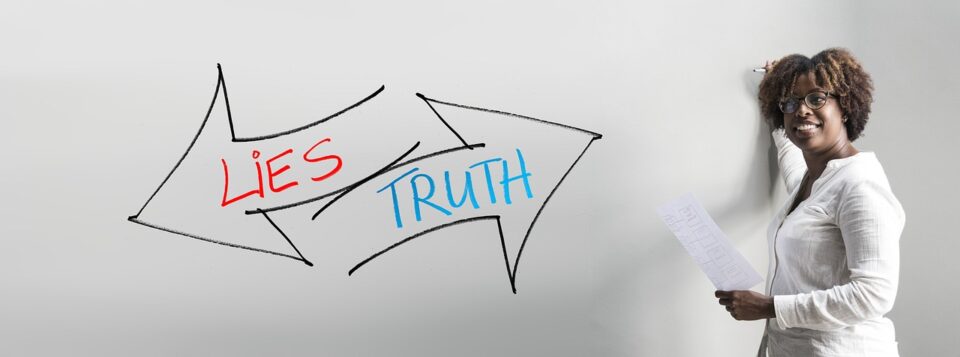Newark Teachers Union President: Superintendent León’s Heart Is Two Sizes Too Small
December 9, 2022BREAKING: Update on South Orange-Maplewood Hijab Incident–Almost Doesn’t Count As Mom Backs Out of Deal
December 12, 2022Keeping Children With Special Needs Active During Cold Months
Brigid Prufer, MA and Jason Conroy, MA are both Adaptive PE teachers at The Phoenix Center, an accredited private special needs school serving the educational, behavioral and therapeutic needs of students ages 5-21 with autism, multiple disabilities, behavioral and intellectual disabilities located in Nutley, NJ.
When the cold temperatures hit, it’s easy to take cover indoors and forget how important physical activity is for all of us, especially our children. Although it certainly can be more challenging to fit into busy schedules, exercise can make a big difference in your child’s ability to self-regulate. According to The National Center on Health, Physical Activity and Disability, the prevalence of obesity of children with disabilities is almost twice that of children without disabilities.
At The Phoenix Center, our Adapted Physical Education program (also called specially designed PE) is instruction in physical education that is designed on an individual basis to meet the needs of a child with a disability. Activities such as navigating an obstacle course, playing catch and tunneling through a sensory tube are just a few of the things our students participate in that help promote good health. The types of activities can be easily replicated in the home, and facilitated by parents, caregivers, or even an older sibling.
We like the concept of giving our students structure, while providing variety in their activities and learning modules, so we developed a rotation of daily activities for our students to look forward to. Examples of this thematic instruction include activities such as: Mindful Mondays (stretching, mindfulness, movement, being calm/present, etc.) and Wildcard Wednesdays (various tag games, volleyball/sport-specific activities and team-focused/oriented games).
In addition to the above activities, here are some additional ideas that you could try at home:,
Go for a Walk Around the Neighborhood, a Lake, or Local Reservation
Fresh air does wonders, and walking around the neighborhood is a great way for your child to become accustomed to their environment, as well as giving them some exercise.
Go on an Adventure/Scavenger Hunt or a Hike
Search for rocks, leaves, flowers, shells, etc. as you walk around. By incorporating something fun into your walk, you can increase your child’s motivation and encourage participation.
Hiking may be another option, especially if your child prefers quiet. Bring a small backpack with a drink and snack. You may be surprised by how much your child enjoys nature and the visual stimulation it provides.
If weather is inclement:
Dust Off the Treadmill/Exercise Bike
Many of our students enjoy using treadmills and/or exercise bikes. Supervision will be needed for safety and encouragement; however, the payoff is worthwhile. Consult with your child’s Physical or Occupational Therapist for recommendations regarding speed/duration. Many of our students enjoy using the Wii with Wii Fit while walking on the treadmill. By making an ordinary treadmill interactive; you can increase your child’s level of motivation!
Turn Video Game Systems into a Fitness Tool
Purchase video games that target strength, endurance, gross motor development, balance, coordination, body awareness, hand-eye coordination, timing of movements, following sequences, etc. Choose the game that fits your child’s ability or start with a game that your child will enjoy playing. Wii Sports, Wii Fit, and Just Dance are games that will get your child moving. X-Box Kinect games provide a great opportunity for movement without the need for fine motor manipulation necessary for remote controls. Your child’s movement registers on the sensor which also records action shots that are displayed at the end of the game. Just Dance is also popular among Kinect fans.
Try Yoga
Yoga is a great form of exercise that does not require much space or equipment. Using a yoga mat helps create a natural boundary for your child. Dimming the lights and creating a quiet setting during a yoga video may help your child to attend to the yoga poses. Many of our students require repeated exposure to such movements before they will try it themselves, so be patient and give it time.
Utilize the Local Mall
Walk around the nearest indoor mall. Going early before the shops open for business is a good idea. Many walking clubs do this regularly, so perhaps you can join them or find a different route, according to your child’s needs.
Dance
Dancing is a fantastic and fun exercise. Children get a thrill out of moving their body to music. In addition, they can get an aerobic workout from any fast-paced dance, or stretch and maintain muscle tone. “Dancing it out” can be fun for the whole family!
Either way–whether themed and organized, or spontaneous and unique, the objective is to find movement wherever and whenever possible! You can’t lose!




